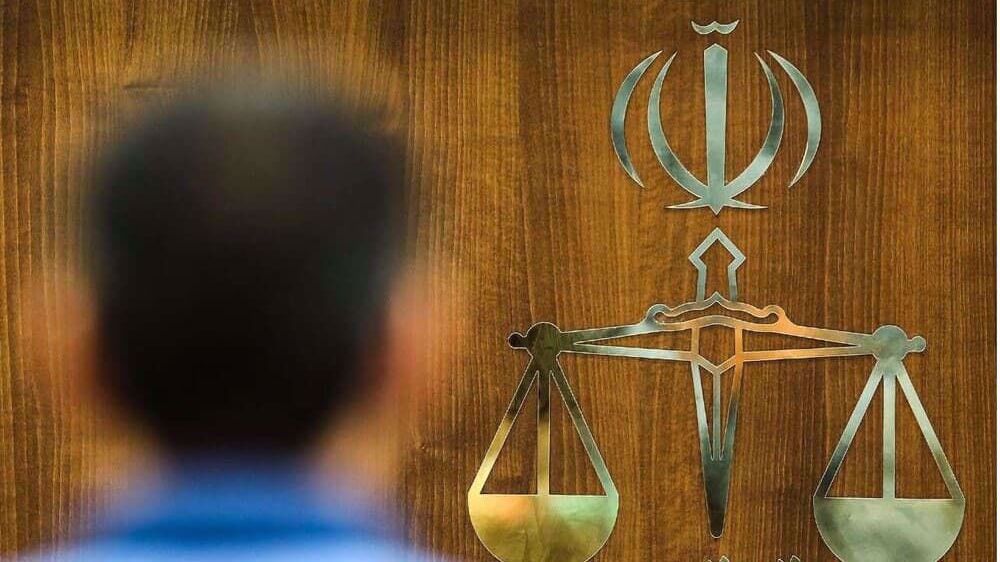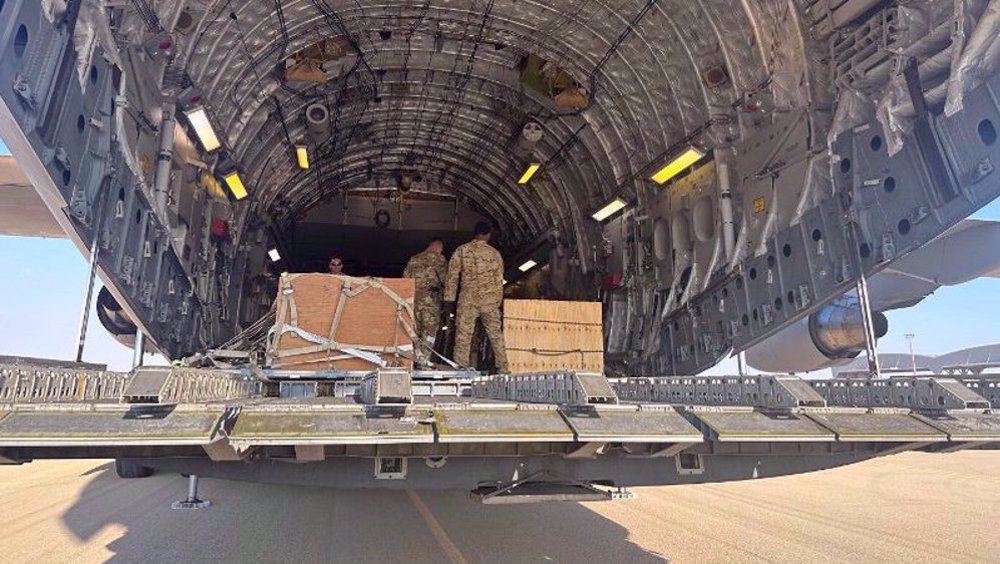Hamas accuses Ban of siding with Israel
Palestinian resistance movement Hamas says UN Secretary-General Ban Ki-moon has sided with the Israeli regime over the ongoing crisis in the occupied Palestinian territories.
The remarks came after Ban on Wednesday met Palestinian President Mahmoud Abbas in the occupied West Bank city of Ramallah.
“There is no justification for killing each other. I have been urging both Israeli and Palestinian leaders to tell their people correctly, that there should be no killings,” he told reporters after the meeting.

In reaction to Ban’s comments, Hamas spokesman Sami Abu Zuhri criticized the UN chief for not differentiating between Palestinians and Israeli settlers who murder them.
“Ban Ki-moon’s remarks during his visit to the region equate murderous [Jewish] settlers with the Palestinian people, who are merely defending themselves,” he said.
He added that the statements are biased towards the Tel Aviv regime and contravene international law.
The Hamas official also urged the Palestinians to continue their “Intifada” (uprising) against Israel and not be deceived by “plots aimed at ending it.”

Israeli forces on Thursday shot two Palestinians after accusing them of attacking an Israeli with knife in west of al-Quds (Jerusalem).
The shooting took place near the bus station in the city of Beit Shemesh. One of the Palestinians has dies of his wounds while the other is in serious condition.
The latest wave of tensions in the occupied Palestinian territories was triggered by the Israeli regime’s imposition in August of restrictions on the entry of Palestinian worshipers into the al-Aqsa Mosque in East al-Quds (Jerusalem).
Palestinians are also angry at increasing violence by illegal Israeli settlers, who frequently storm the al-Aqsa Mosque. Palestinians say the Tel Aviv regime seeks to change the status quo of the compound.
Israel has rejected a proposal for international observers to be deployed to the al-Aqsa compound.

According to the Palestinian Health Ministry, more than 50 Palestinians have been killed and hundreds injured since the Israeli regime began a harsh crackdown in early October on the Palestinians.
The first Palestinian uprising, or Intifada, began in the late 1980s and early 1990s. The second Palestinian Intifada broke out on September 28, 2000, after a visit by then Israeli opposition leader, Ariel Sharon, to the al-Aqsa Mosque compound.
Iran will respond like never before, mission warns after Trump’s threats
Venezuela’s Rodríguez rejects US push to cut ties with China, Russia, Iran: US Intel.
Iraq's former PM Maliki rejects ‘blatant US interference’ after Trump warning
Iran, Saudi Arabia warn of 'dangerous consequences' of regional escalation
VIDEO | India, EU seal trade pact slashing tariffs to curb US reliance
VIDEO | Israel’s continued violations undermine transition to 2nd phase of Gaza truce
As TikTok falls into Zionist hands, UpScrolled fills the vacuum to give voice to Palestine
Discover Iran: Hormozgan’s architecture, where climate ingenuity meets maritime heritage










 This makes it easy to access the Press TV website
This makes it easy to access the Press TV website